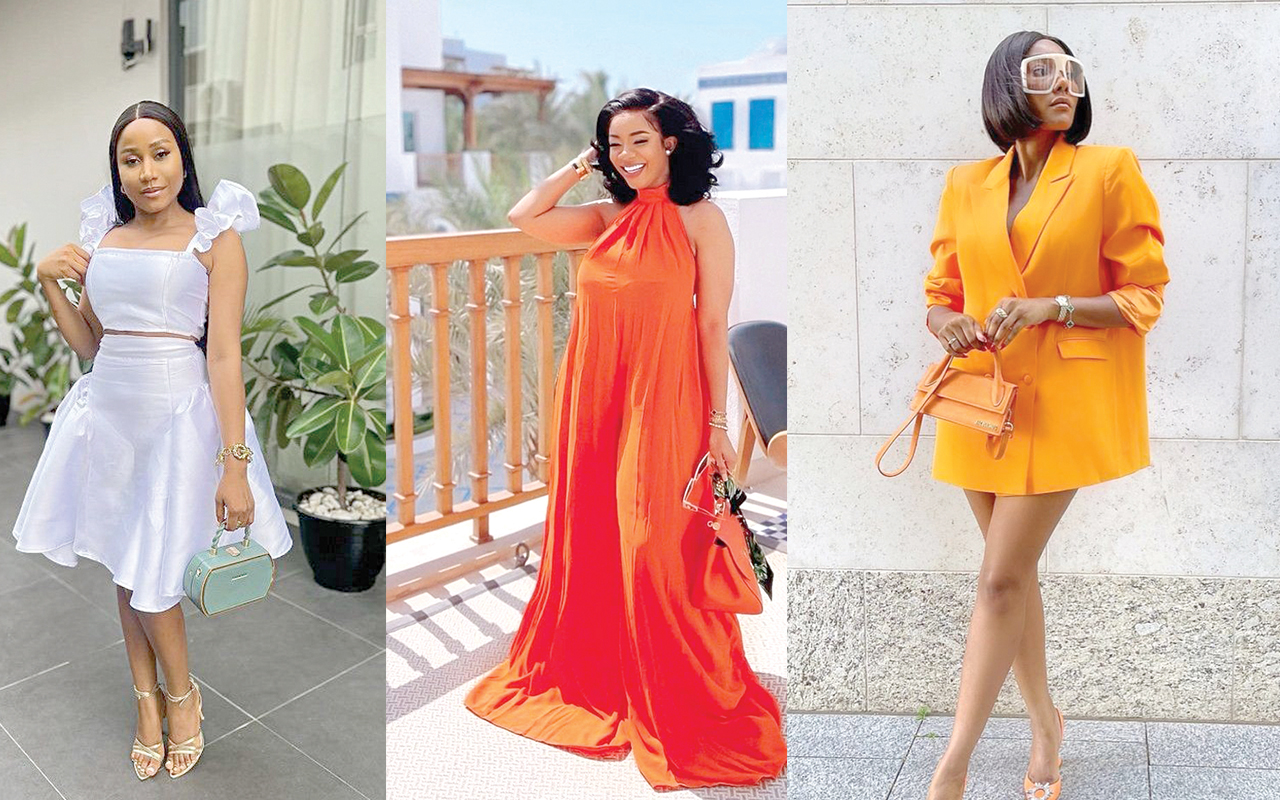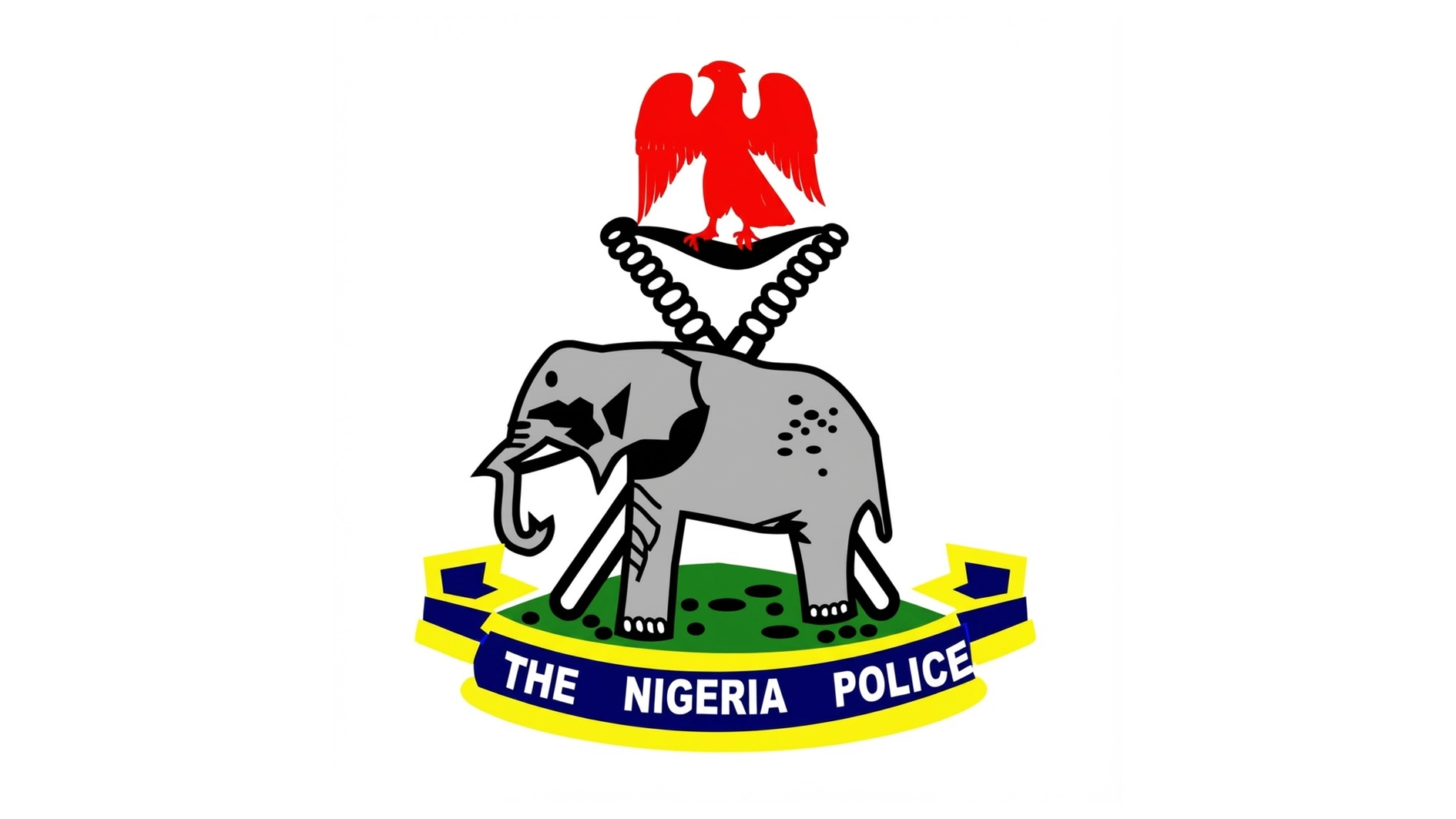HAMMED Aderoju Okunade is the founder of Hingees, a lifestyle brand that is rooted in crafting simple, thoughtfully designs that make everyday moments effortlessly better.
Popularly called ‘Goodman’, Okunade launched Hingees in 2015 in Lagos, and now in its 10th year, the brand has grown from its initial lineup of about five T-shirts designs and leather accessories to creating a full lifestyle catalog of thoughtfully designed apparel, accessories, stationery, drinkware, prints and everyday essentials that remind people to stay true, keep moving, and live intentionally.
From T-shirts and notepads to bottles and now travel gear, every Hingees piece is a quiet nudge toward a certain kind of life; one that values purpose over noise, progress over perfection, and simplicity over excess.
Ten years down the line, the brand is recognised for its simple yet expressive aesthetic and its community of daring, creative thinkers who carry the brand’s message into their daily lives.
Okunade, during the 10 years anniversary in Lagos, last weekend themed, ‘A Decade of Daring’, revealed that Hingees was created from a desire to make simple, functional products that would bring people, particularly the young, working population together. “The brand name itself is inspired ‘hinges’ and their ability to hold things together.
The idea is to create products that could outlast trends, feed purpose, make the mundane feel special and start conversations. So, we started with words – simple, bold words printed on carefully selected high quality materials such as: Do more, talk less. People Matter. Limitless, Do it Afraid, Keep going. Don’t Settle. A decade later, Hingees has grown into a lifestyle brand that keeps evolving but stays grounded in the same philosophy that started it all.”
The Hingees boss who also spoke about the brand’s lifestyle catalogue said: “Often, people think Hingees is just about clothing – it is actually a design brand and I wanted to express that design through diverse products. Clothing was the very first outlet to express that thought as a designer and the catalogue has grown beyond clothing right now, we now make leather clothes, drink wear, we make apparel, we make bags and it’s going to continue to grow as much as we’re growing. It’s not restricted to a particular category but at the centre of it is going to be well designed and well-made products.”
On how Hingees clothing fabrics are sourced, the designer said: “It’s a combination of everything. We work with local manufacturers, artisans. There are also times when we need to bring in raw materials and then we finish it here but a bunch of it is working with local artisans. It’s quite interesting that ten years in, we have artisans that we’ve been working with since day one of running the brand and we’re still together. We’ve grown so much in terms of expertise, product knowledge.”
So, in this era we’re talking about eco-friendly, breathable wears, where do Hingees stand? Okunada replies: “At Hingees we are constantly working towards doing things in a very sustainable way. For instance, a lot of our leather clothes are made from natural hides. We source our leathers locally from Mushin market in Lagos. There are diverse definitions about what genuine leather really is, sometimes, there are people who define it as synthetic leather but what we use is full grain cowhide, horsehide, or goatskin. When you get very good leather, it takes time for it to wear out and that means you’re not replacing things over and over again. It’s durable and there is a reduction of carbon footprint.”
On the biggest challenges the brand has encountered since inception, Okunade said: “In terms of sourcing raw materials, Nigeria is a largely informal market. When you go to market to source for things you want for production, a lot of the people in the market don’t really have things like catalogs for consistency. It’s very difficult. As much as we’re learning from suppliers, we also find ourselves trying to educate them as well on having processes. Also, working with artisans can be a huge headache because sometimes some of them are in the informal sector so it’s quite difficult to try to make them see the vision.”






